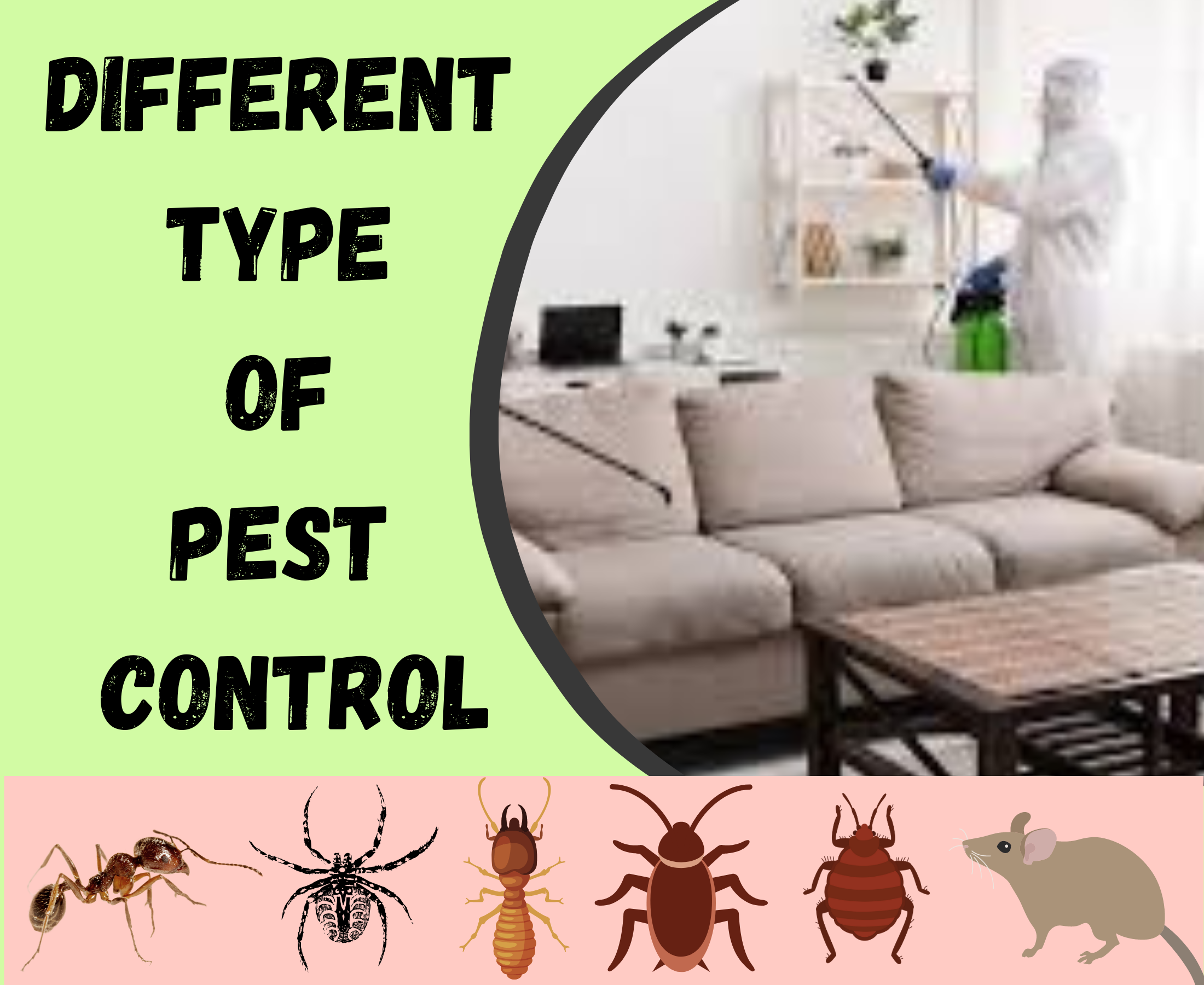The Single Strategy To Use For Pest Control
The Single Strategy To Use For Pest Control
Blog Article
The Pest Control Ideas
Table of ContentsPest Control Can Be Fun For Anyone6 Easy Facts About Pest Control ExplainedThe 7-Second Trick For Pest ControlExcitement About Pest ControlThe 9-Minute Rule for Pest Control
Limitations of Chemical Management Be able to evaluate bug issues, identify if monitoring is necessary, and make suitable referrals using IPM techniques. Be familiar with different approaches of parasite administration - their advantages and constraints.This phase discusses (IPM), a strategy that utilizes understanding about insects and their, methods, nonchemical methods, and chemicals to manage parasite issues. Added details concerning IPM for particular plants is included in chapters that focus on those plants. Nonchemical insect control steps are worried in chapter 17, "Organic Gardening." Managing birds and animals is covered in phase 20, "Wild animals." Taking care of in the yard and garden is covered in phase 6, "Weeds." Insects in a yard or landscape may consist of insects and mites, weeds,, mammals, and birds.
Several individuals rush to draw, hoe, or spray every weed they see. Insects and weeds, nonetheless, play a role in the. After planting a yard or developing a lawn, the natural process of plant succession begins to restore and nonnative plants. A weed growing in a yard stands for the initial stage in a series of occasions that, if allowed to proceed, can ultimately result in a woodland.
What we call "bugs" belong to an all-natural system at job. An environment has no parasites. Only humans think about certain species bugs when they occur where they are not wanted. We will be much more successful in managing undesirable varieties when we understand that these microorganisms comply with predictable patterns that we can utilize to our benefit.
An Unbiased View of Pest Control
Bugs vulnerable to a chemical were swiftly eliminated, leaving resistant ones to reproduce and multiply. It came to be clear that pesticides alone would not address all pest issues. Instead, overuse of chemicals created the growth of resistant parasites. Scientists began to develop a brand-new technique to pest control. This brand-new approach was described as integrated parasite monitoring (IPM).
An IPM strategy enables some degree of pests in the environment. Bugs are much less most likely to make it through a program that utilizes various techniques of decreasing their populaces. Integrated parasite administration was first suggested by entomologists since bugs were the first group of pests to verify difficult to manage with chemicals alone.
A threshold is the factor at which activity need to be taken. IPM has expanded beyond pests to monitoring of all pest populations: weeds, illness organisms, and mammals.
How Pest Control can Save You Time, Stress, and Money.
Monitoring rather than eradication of bugs is the objective. An IPM plan starts with a mindful evaluation of each insect infestation.
Clover Homepage expanding in a grass may be seen as an undesirable weed, however as a legume it is synthesizing nitrogen for the soil and the blossoms are supplying nectar to honey Visit This Link bees and other. Tolerance for some weeds may be component of an IPM plan. may be eating the fallen leaves of a plant, yet when they are identified as the larvae of Eastern tiger swallowtail butterflies, their damages might be endured so we can appreciate the gorgeous butterfly.

The 2nd most essential tool in parasite monitoring is early treatment. Reacting to problems swiftly, before they have time to increase, requires a less dramatic treatment.
Pest Control for Dummies
Several secure, sensible, nonchemical approaches of plant defense and bug administration may decrease or eliminate the requirement to spray. Other methods are most advantageous when used with pesticides. To apply monitoring methods appropriately and to lessen losses, garden enthusiasts ought to recognize the kinds Go Here of parasites that strike plants and comprehend pest biology.

Performing a soil test and applying just the advised quantity of fertilizer and lime takes full advantage of the advantage to the plant while reducing issues associated with too much usage of fertilizer - Pest Control. Covering the soil with several inches of compost secures the plant in numerous means: reducing soil water loss to evaporation, reducing weed competition, supplying nutrients, and creating an appropriate setting for earthworms and microorganisms that keep the soil loose for roots and break down organic material to release nutrients
If mulch touches the trunk, it can produce a method for voles, germs, and fungi to attack the plant. Do not make use of manure or garden compost that has actually not extensively decayed as a leading dressing because it can encourage unwanted bugs. Research study suggests that tilling the soil is detrimental to dirt structure.
The Best Guide To Pest Control
If tilling is considered required, consider doing it in the loss when the life cycles of several insects brings them near the surface area. At the surface, parasites become revealed to the weather condition as well as birds and various other all-natural opponents. Loss tilling can also ruin insects in crop deposits. Use healthsome and insect-free qualified seeds and plants if offered.
Report this page